In a move that blends electoral formality with a touch of eccentricity, Bangladesh`s Election Commission (EC) is expanding its list of official ballot symbols from 69 to 115 ahead of the upcoming 13th parliamentary elections.
However, two much-discussed symbols—Shapla (the national flower) and Doel (the national bird)—have been deliberately left out, sparking both surprise and speculation.
Officials confirmed that the revised list has already been finalized and sent to the relevant ministry for vetting. A formal gazette notification is expected soon.
The decision comes in response to a surge in applications from over a hundred new political groups seeking registration. If registered, these parties will be allocated symbols from the updated list, as per standard EC protocol.
One election commissioner remarked that the decision to exclude “Shapla” was made on “principled grounds,” though further details were not disclosed.
The Shapla, despite being the national flower, has stirred controversy in past elections, possibly contributing to its omission.
Interestingly, the new list of symbols includes items ranging from the ordinary to the outright quirky. Voters may soon cast their ballots for candidates represented by a ladder, a cauliflower, a bench, a camel, a torch, a folding fan, or even a hookah.
Some other symbols include:
Apple, Pineapple, Mango, Wardrobe, Eagle, Ostrich, Rising Sun, One-Stringed Instrument (Ektara), Scissors, Pigeon, Pen, Jug, Bell, Dragonfly, Rocking Chair, Candle, Refrigerator, Bicycle, Mobile Phone, Sewing Machine, Suitcase, Rocket, Helicopter, and Hariken (kerosene lamp).
Symbols previously used such as plough, sheaf of paddy, boat, scale, and tiger also remain, maintaining a connection to political tradition.
The Election Commission had previously allowed up to 140 symbols in the 2008 election. That number was later halved when separate symbol sets were created for national and local elections. Now, with renewed political momentum and rising participation, the count is once again being raised.
Though many find the diversity of symbols amusing, they play a serious role in aiding recognition for parties and candidates, especially for voters with limited literacy.
Still, the omission of two of the country’s most iconic national symbols—while approving items like table clocks, mosquito nets, and water pumps—has not gone unnoticed.


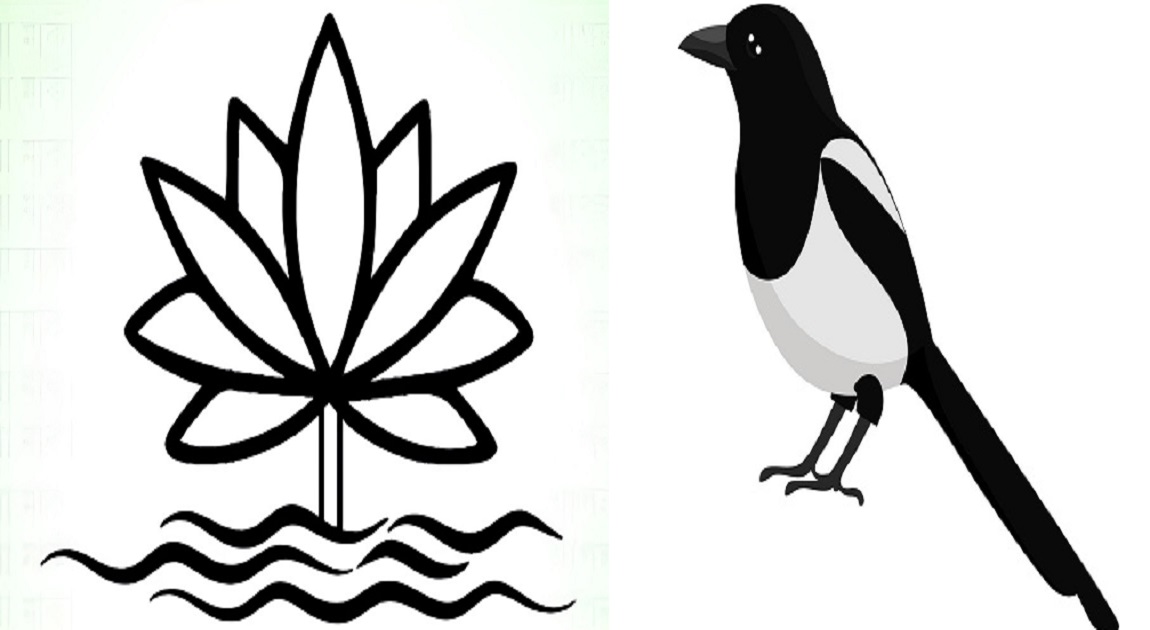


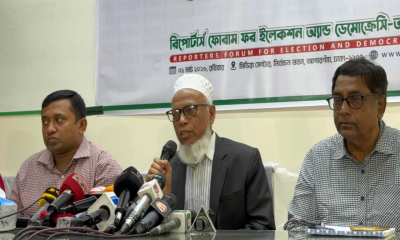
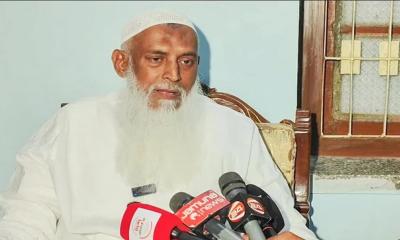
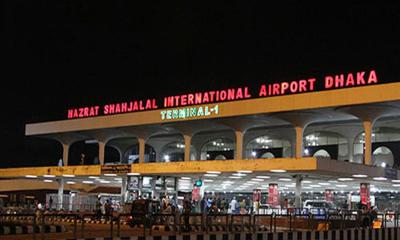




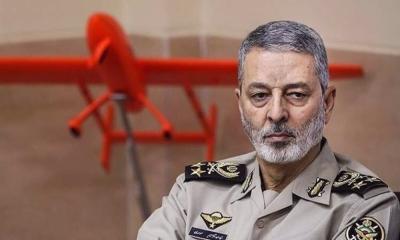

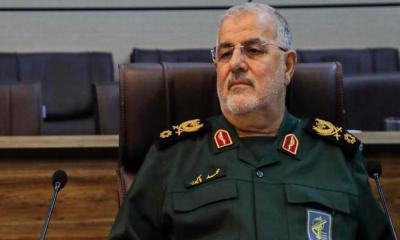
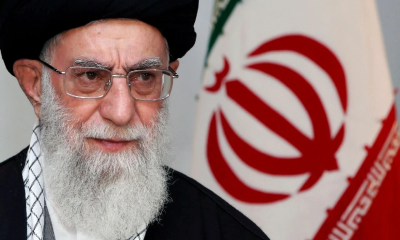
-20260301064029.webp)
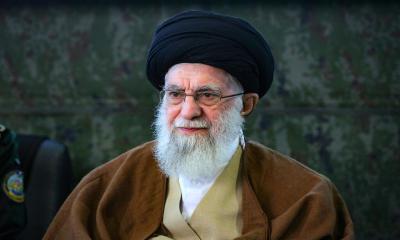


-20260228080513.webp)




-20260224075258.webp)






-20260225072312.webp)
